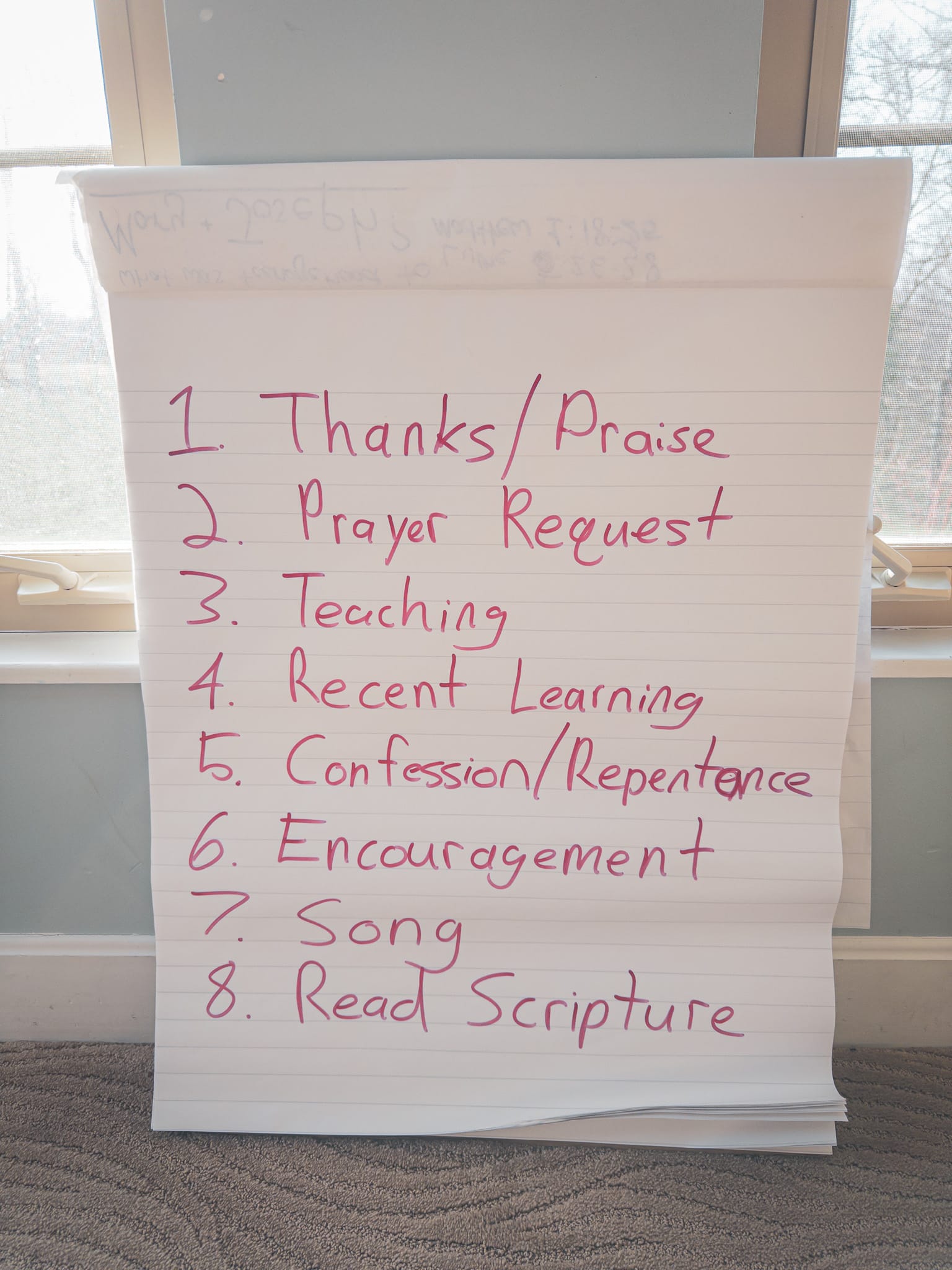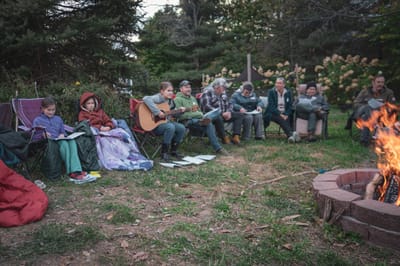It seems that I can't go more than a few weeks without hearing a story about another faith community being ripped apart by leadership struggles. When spiritual leaders fall, the ripple effect decimates so many people.
As a former pastor myself, I feel a mixture of compassion, frustration, and a desire to speak honestly about what I've observed in "Church World" over the decades.
The Pressure Cooker of Professional Christianity
When I was working in the church, I clearly felt the unspoken expectations to be...
- A spiritual leader without any real struggles. Only a few "acceptable" struggles are permitted.
- Available to everyone, all the time.
- Living life on a perpetual display.
- Isolated in my pain, yet transparent in my teaching.
When I literally became a "professional Christian," I was essentially handed this script:
Stay on the pedestal. Don't fall. Don't show too much weakness. Keep the machine running.
I remember years when I felt this pressure myself—constantly performing spirituality while having no safe space to process my actual struggles. The isolation becomes suffocating. As Jesus said in Matthew 11:28-30, He offers rest for the weary and burdened, yet our church structures often create the opposite for those in leadership.
In fact, my most isolated years were the ones when I was at the "peak" of my ministry. I was speaking around the country, publishing books, writing curriculum, and more. There was no one I could talk to about my deep struggles. No one. My career depended on keeping everything in my personal life looking like it was on a straight upward trajectory of growth.
I was so alone. And the worst part is that I couldn't even see it. That's such a risky place to be.
The Slow Downward Spiral
When you're in a position of spiritual authority and your family's financial stability depends on maintaining that authority, and then you add a layer of unhealthy personal identity that becomes intertwined with it all, something dangerous happens. It becomes easy to rationalize behaviors that would have once seemed unthinkable.
I've watched humble servants gradually transform into entitled leaders who believe special rules apply to them. I've seen leaders justify poor choices because their sense of identity became wrapped up in their spiritual position rather than in Christ. It's so sad. They can't see it happening either until it's too late.
An Ancient Alternative
I can't help but wonder if the very structure of modern church contributes to leadership burnout and moral failure. Based on my experience, I believe there's a connection between how we've organized "church" and the toll it takes on its leaders.
The New Testament presents a different model of spiritual community than the one I normally see in our 501(c)3 institutionalized gatherings. In 1 Corinthians 14:26, Paul instructs:
"When you come together, each of you has a hymn, or a word of instruction, a revelation, a tongue or an interpretation."
When I read this, it seems to suggest that leadership was meant to be distributed, not concentrated on professional Christians carrying the entire spiritual weight and responsibility for a community. When we place the burden of spiritual production on a small group of paid professionals, we create both an unhealthy pressure cooker for leaders and a passive spiritual experience for everyone else.

Last Friday, I witnessed a glimpse of maybe what this "distributed" model could look like. After hosting our open-house dinner, which our family tends to do once or twice a month, we tried something different. Instead of just hanging out and talking like we normally do, I invited people into a room to share more collectively as a group. I encouraged people to share something they're learning lately, to offer encouragement to someone else in the group, to ask for prayer, and other things. It ended up being such a meaningful time for us! Some people taught, some confessed, and we all encouraged each other. Two of my kids were even moved to tears at one point! As it got late, I tried to end the meeting twice, but it kept going even without me. I left the room and people were still sharing with each other.
Upon reflecting on that night, I stands out to me that this wasn't just a different meeting format; it was a different leadership paradigm. When responsibility is shared, no single person bears the impossible burden of spiritual perfection. In fact, the opposite is encouraged.
The Leadership Health Question
Here's what I wrestle with now:
Is our current leadership model sustainable for the people filling those roles? What is it actually producing in the lives of our leaders and in those who engage in these faith communities?
The professional Christian model creates a double bind: leaders must appear spiritually superior to justify their position while simultaneously wrestling with the same human frailties as everyone else—but in isolation, without support. Under these conditions, burnout, moral compromise, and eventual failure become almost predictable.
I wonder what would happen if we evaluated our church structures not just by attendance metrics but by their impact on leadership health, congregational spiritual growth, and sustainability. What if we asked whether our current model creates the conditions for leaders and congregants to thrive spiritually over decades, not just survive until a crash?
Let's Wrestle With This
I share all this not as someone who has figured it all out, but as someone who experienced both the beauty and deep brokenness of church leadership.
I do know that Hebrews 10:24-25 says...
"And let us consider how we may spur one another on toward love and good deeds, not giving up meeting together, as some are in the habit of doing, but encouraging one another—and all the more as you see the Day approaching."
I wonder how it applies not only to what we do when we meet together as a faith community, but to the church's leadership responsibilities and structure itself.





